
Saturday:
Salamanders are everywhere. They materialize from the undergrowth like so many mushrooms, red, orange, and speckled. I press my knees into the damp earth, and hunch down to watch a tiny amphibian cross a few feet of mossy terrain. A fallen branch is a sizable hurdle when you're only four inches long.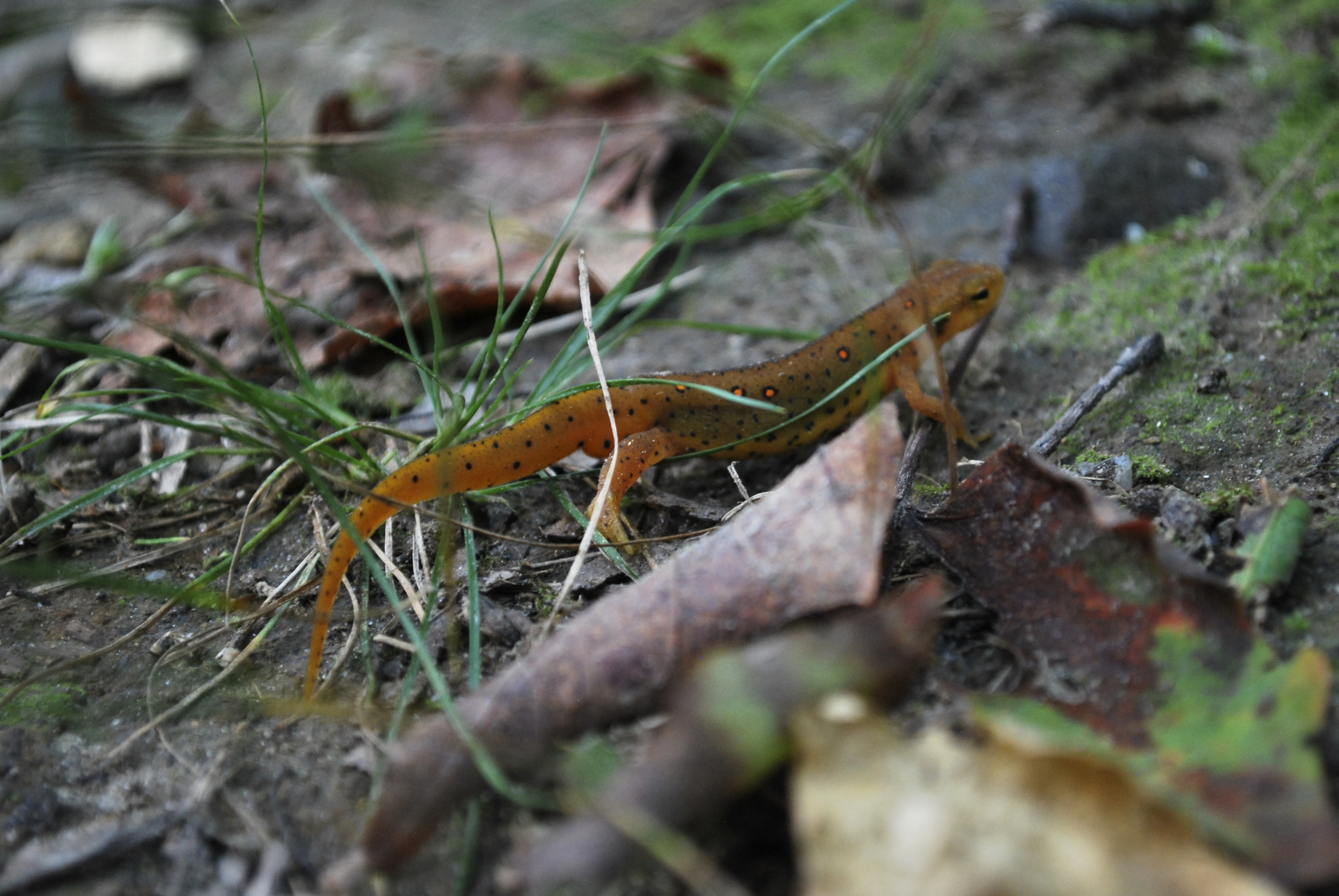

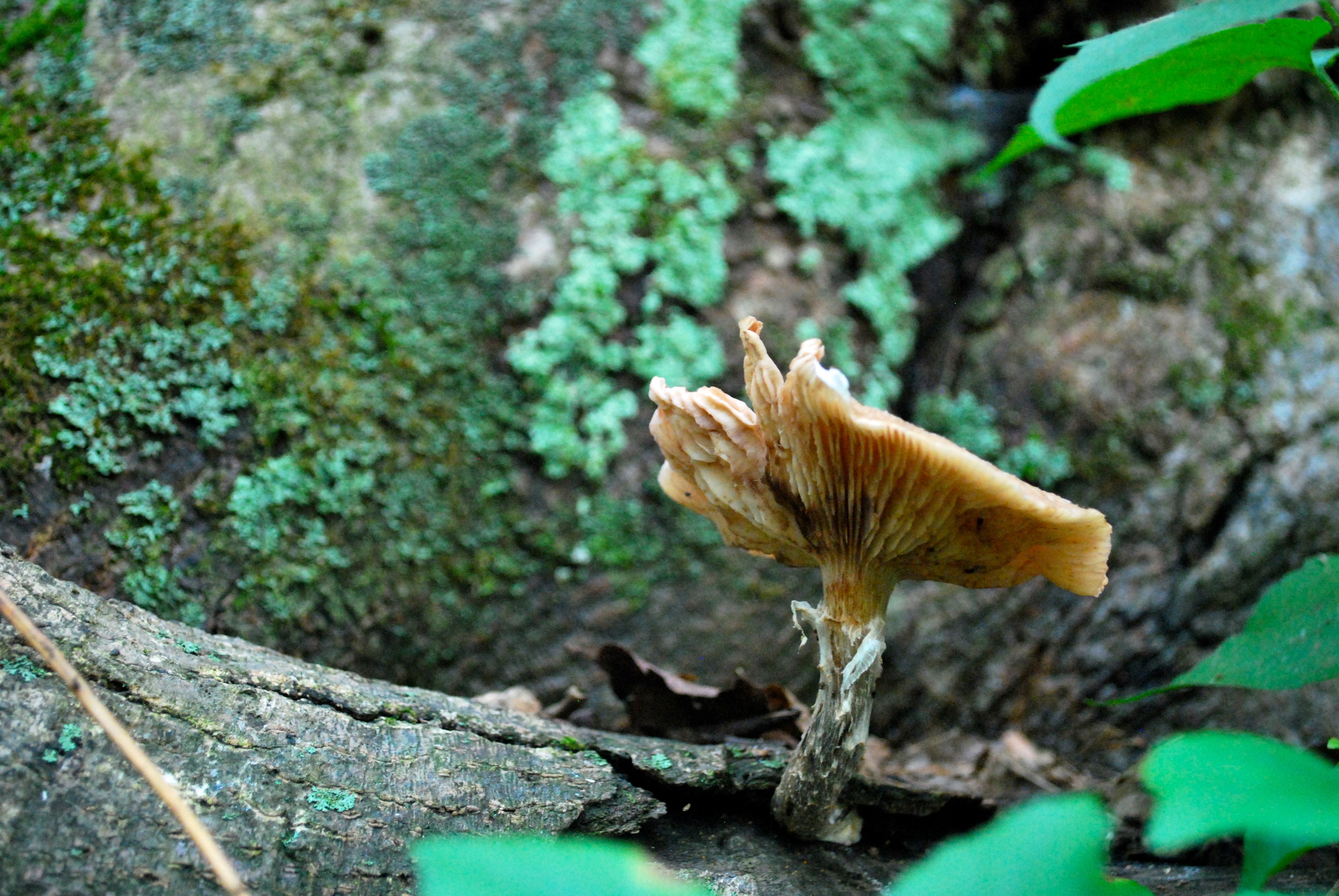

Tuesday:
School begins. Grad school begins. I'm en route to class on a campus at the heart of New York City, and amidst all the dissonance of urban life, I suddenly feel as I did in the forest. I'm new, with that same openness to the possibility in novelty. Perhaps it's the throngs of new faces or the anticipation of learning that incites this feeling; I'm not sure. But there is something common to the forest and to the city- something independent of the landscape, yet awakened by it.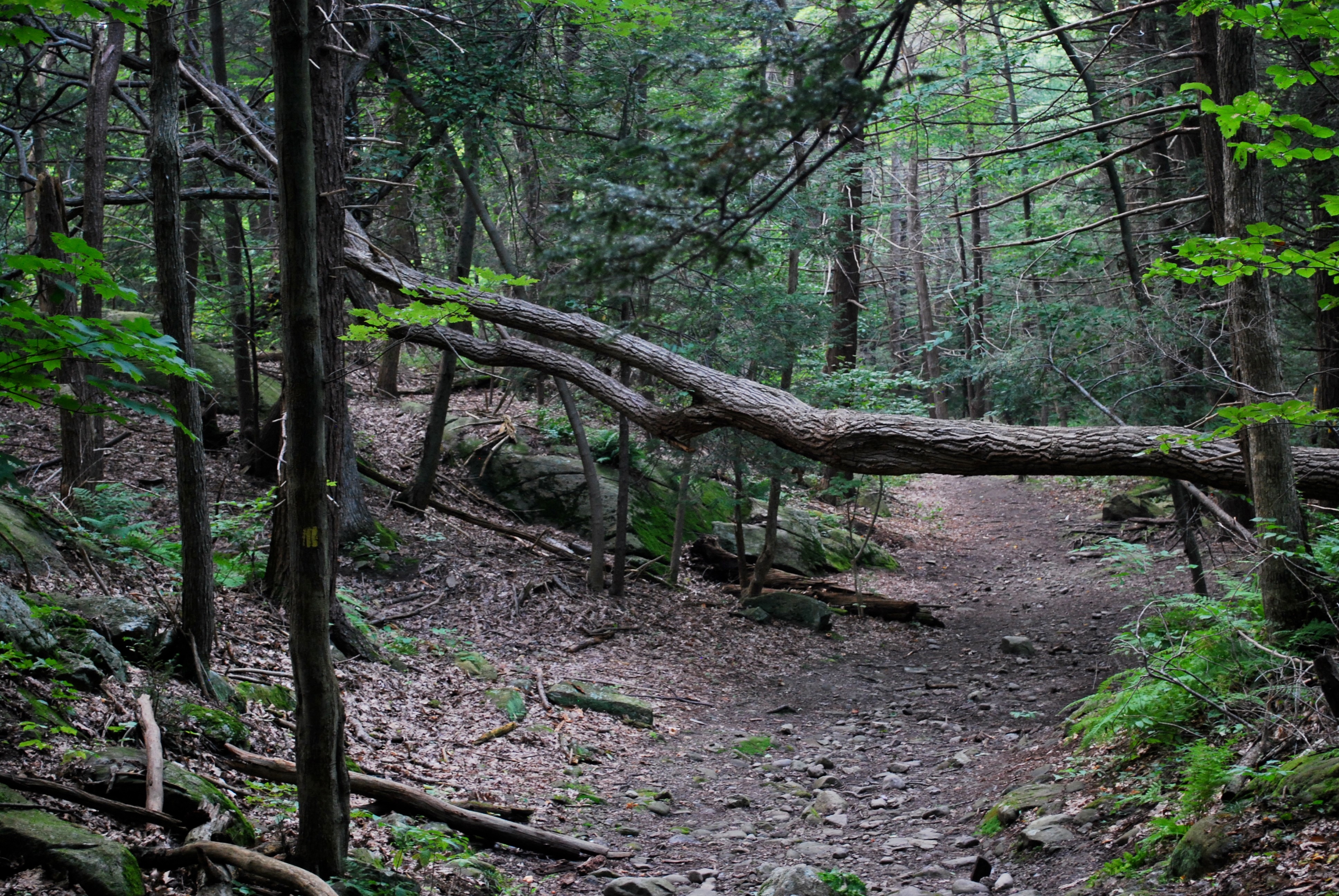
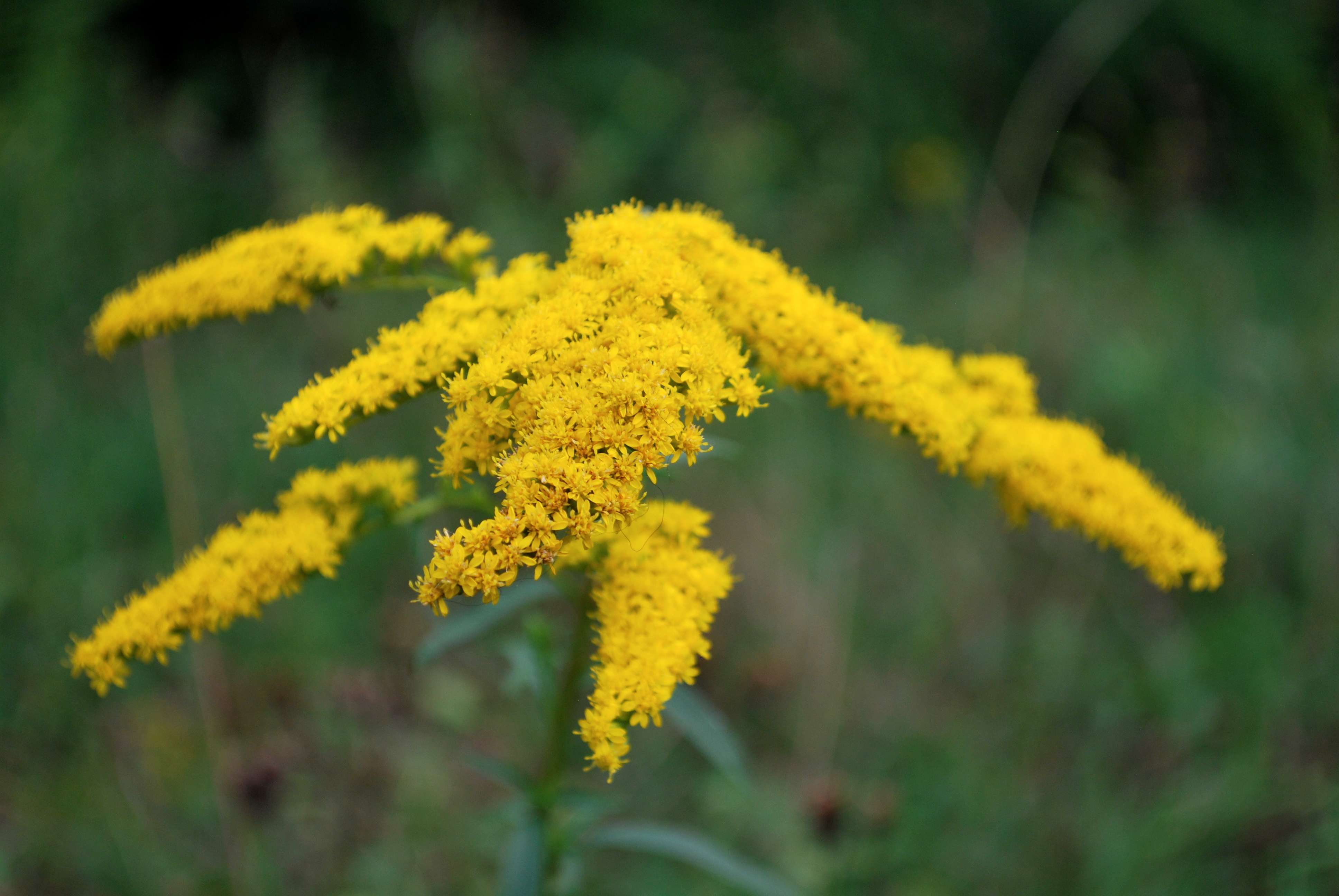
In his essay, "Wilderness and the Multiple Layers of Environmental Thought", Yrjo Haila deconstructs the division of nature and culture. He argues that "the wild" as something separate from man cannot exist, because man has created the division. We have defined the borders of ourselves and our culture as distinct from the environment, while simultaneously constructing that culture and self-image through resources provided by the environment. Hell, we are the environment.
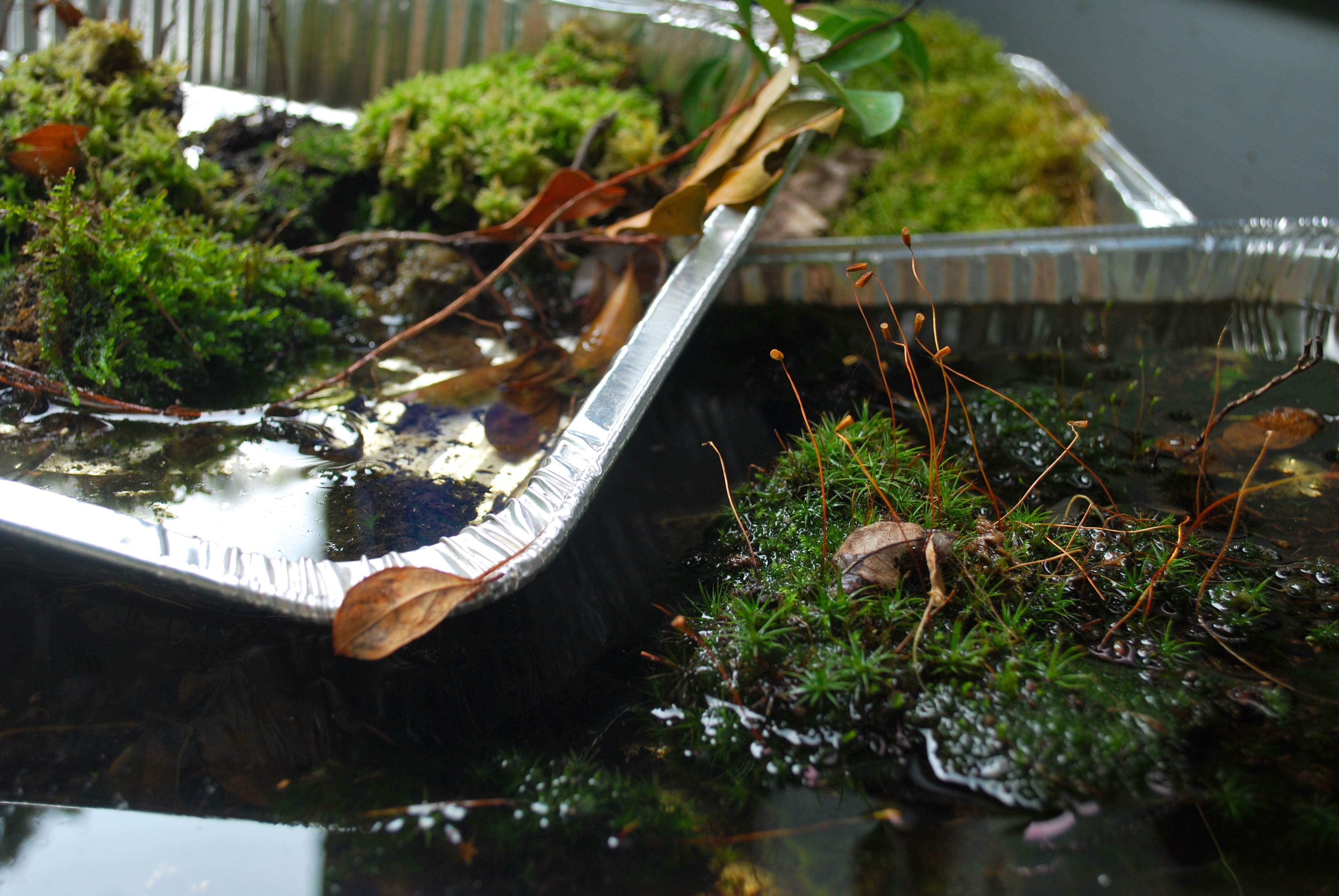
Seen through this lens, a city is no more "unnatural" than any forest, because a city is a product of human behavior and resource use. Whether humans choose to set aside large tracts of protected land (ie as national parks), or to build metropolises, those places will be under some form of human influence. Even very remote areas that aren't actively managed and have no indigenous population can't be considered "virgin" or "pristine" because they are indirectly affected by pollution, climate change, and anthropogenic modifications to biogeochemical cycling.
As an antidote to this false division of human society and nature at large, Haila presents an alternate definition of wildness, which Bennett [1994] argues is embodied by the work of Henry David Thoreau:
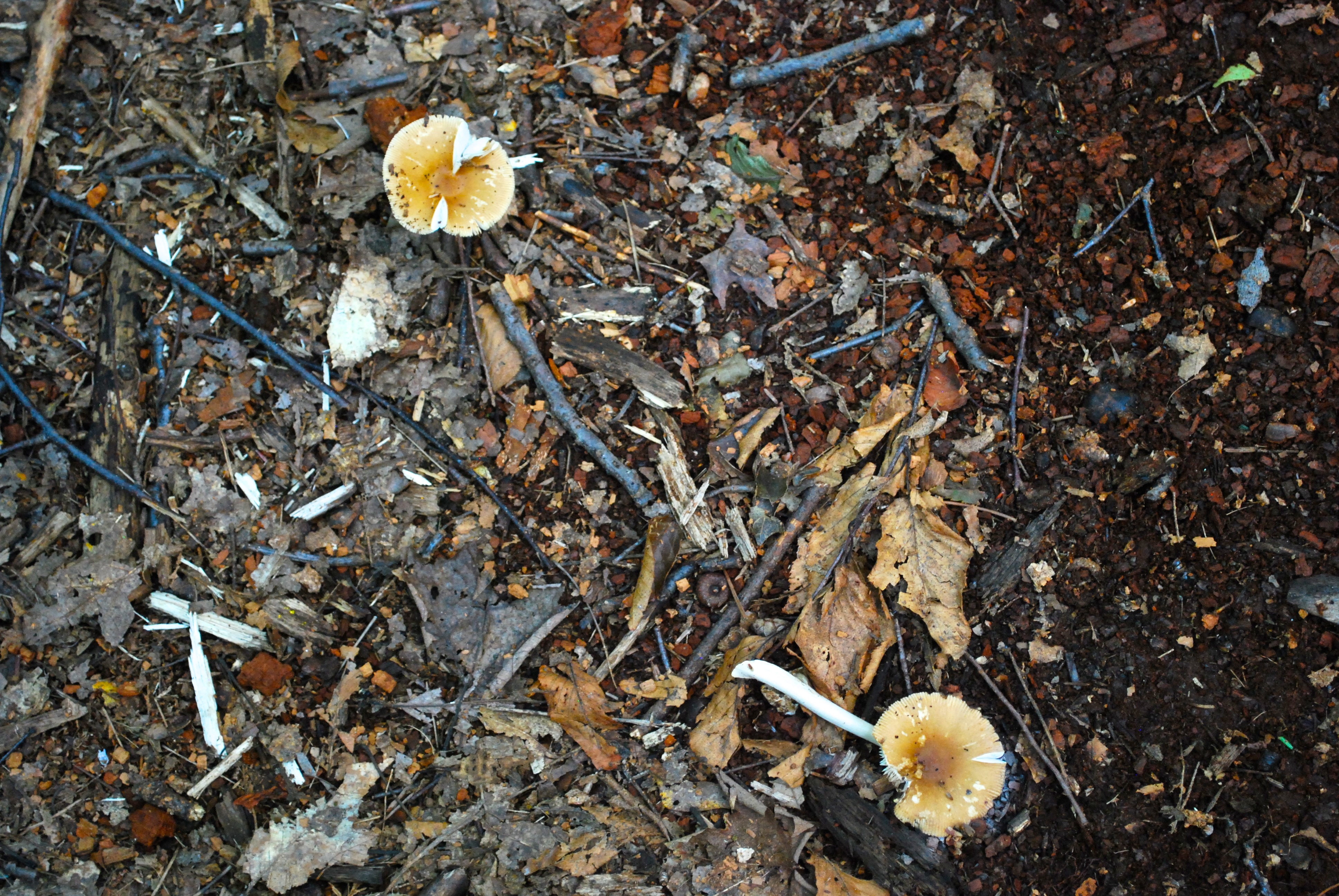
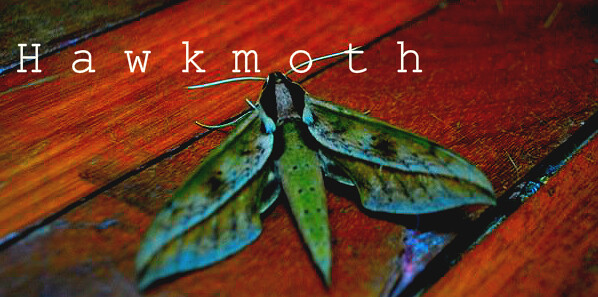
I love your blog!
ReplyDeleteAmy is my hero.
ReplyDelete